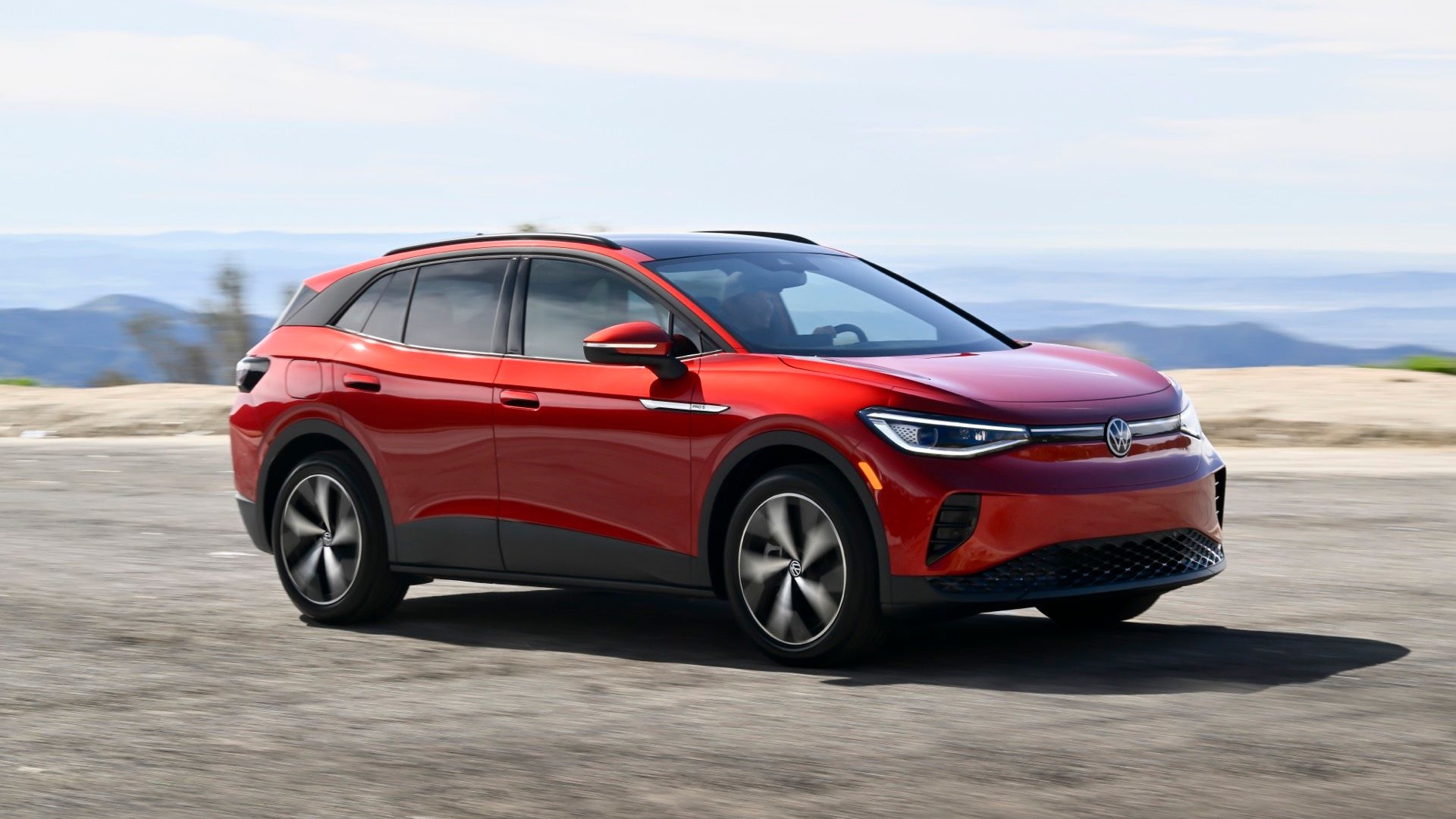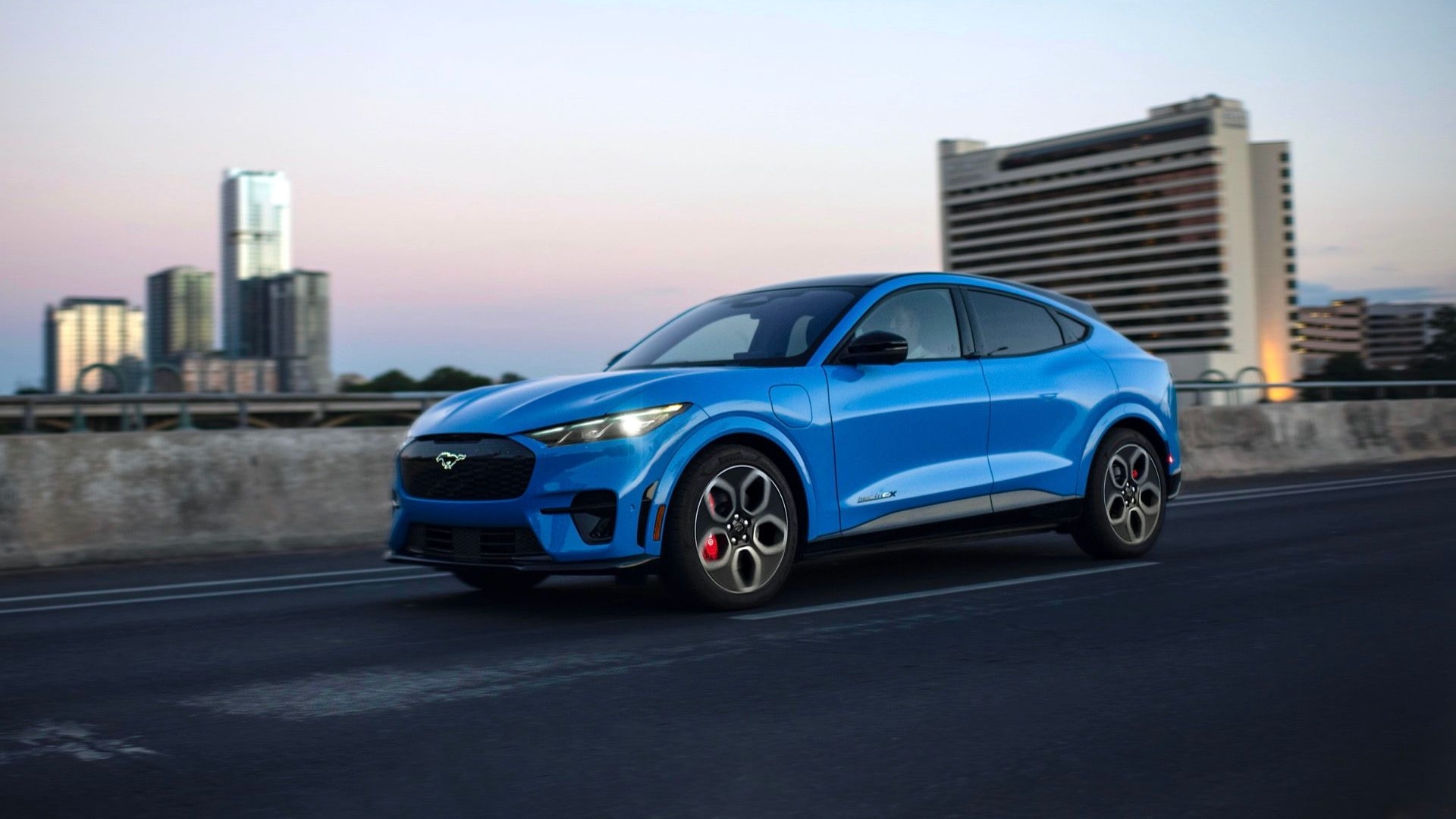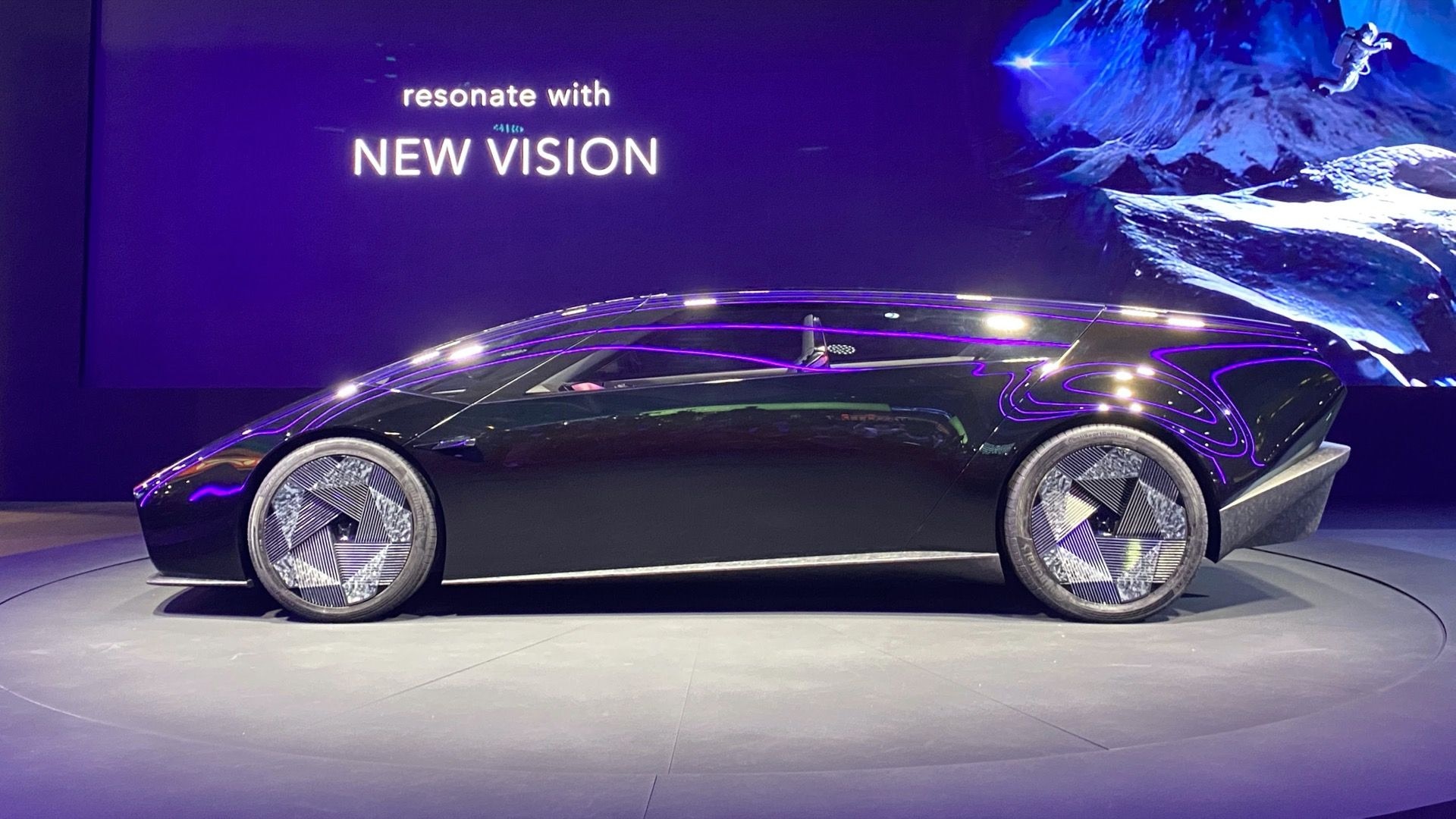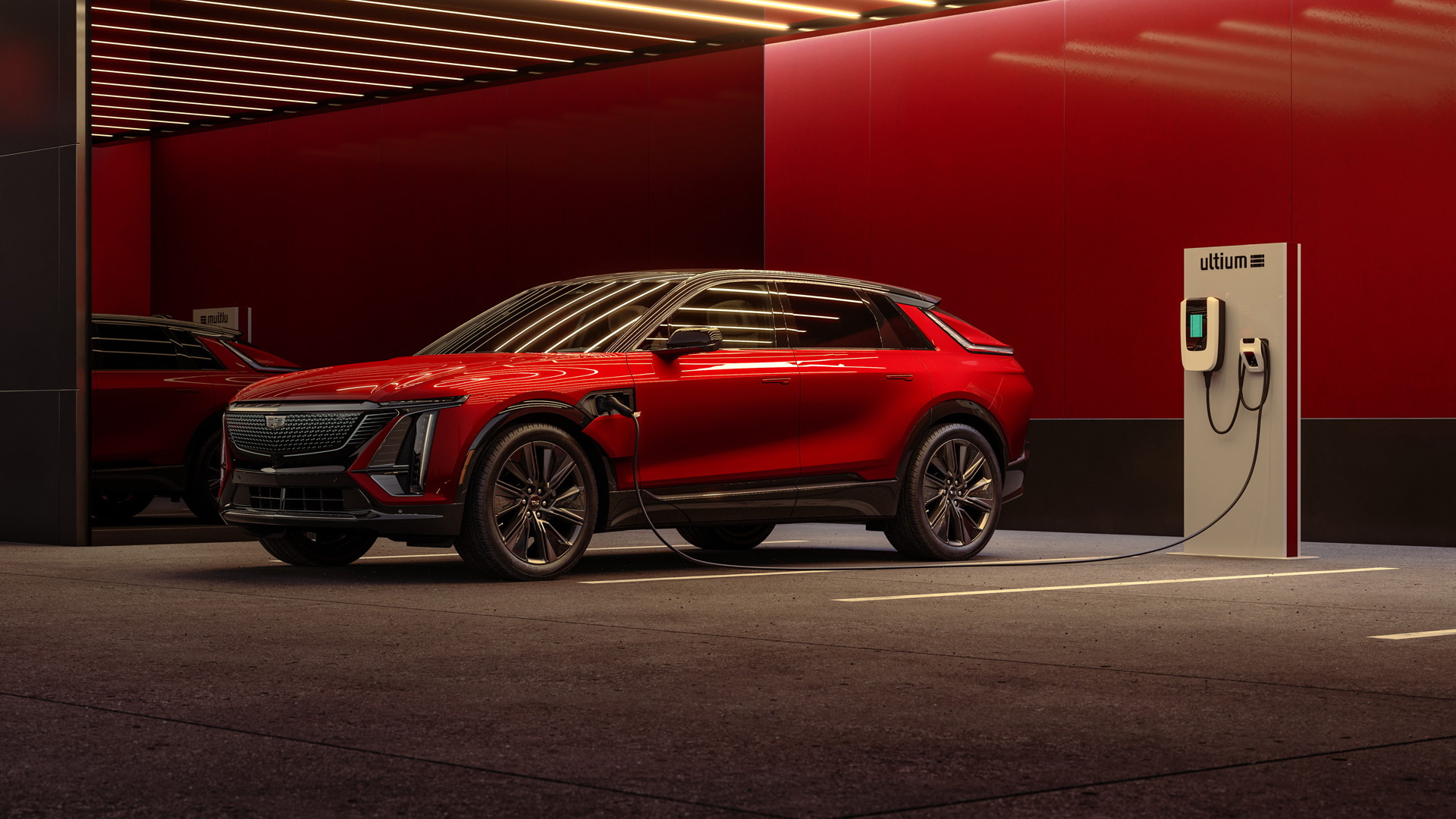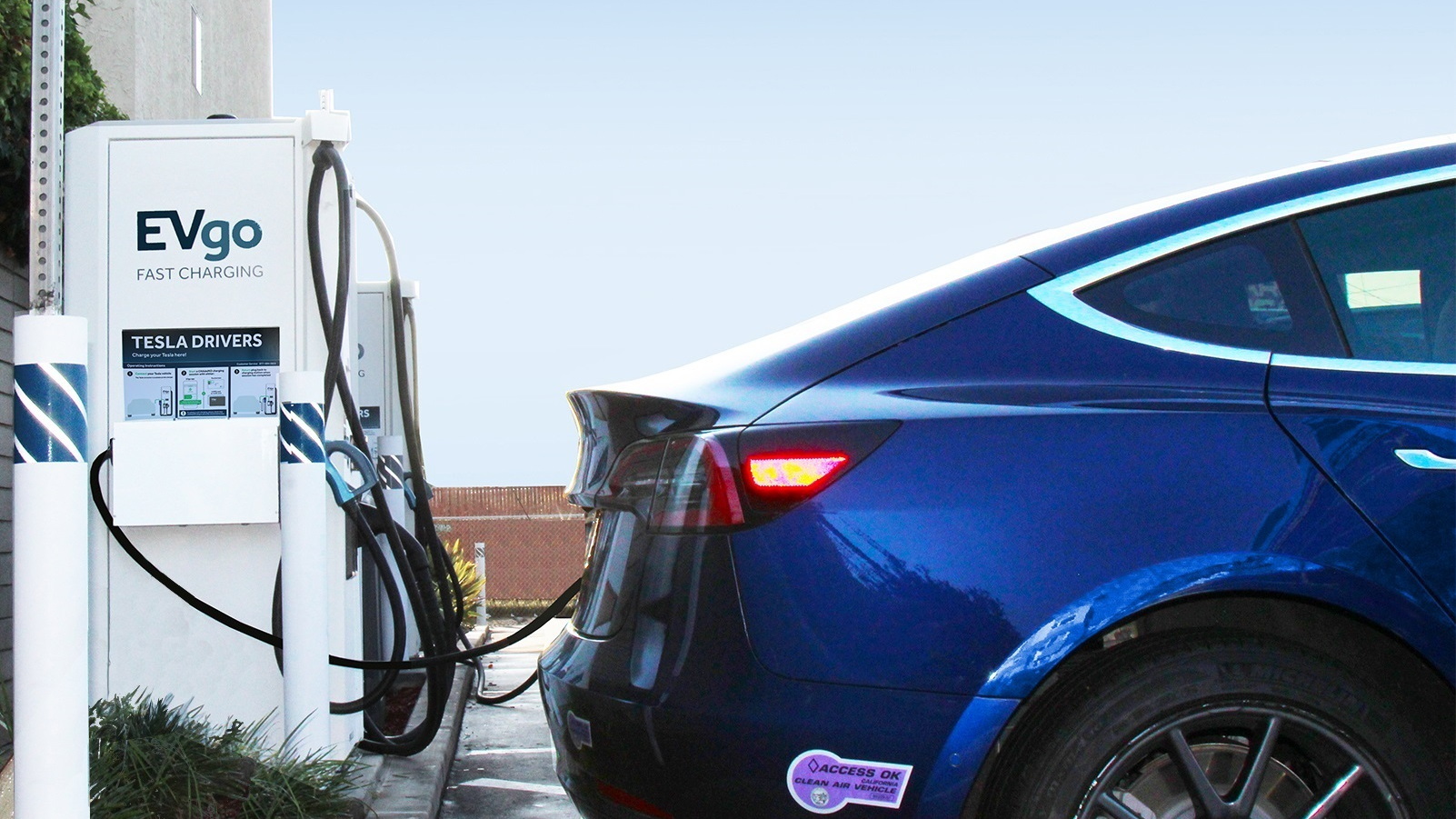To achieve ambitious 2016 Federal fuel-economy goals, carmakers are working hard to make their engines smaller and more efficient. That's not news.
But it's increasingly looking like we'll have a new target for compact cars over the next few years: a rating of 40 miles per gallon highway, from an engine of 1.4 liters.
Cruze and Volt too
That's what both General Motors and Chrysler are planning on. GM's entry will enter dealerships early next year: It's the 2011 Chevrolet Cruze Eco, which uses a special package of lightweight wheels, active aerodynamic aids, and other components to achieve an anticipated EPA rating of 40 mpg highway.

U.S.-spec 2011 Fiat 500 Sport
Now Chrysler's new CEO, Sergio Marchionne, has said that the company will introduce a compact Dodge sedan in 2012 that will also achieve the 40-mpg rating.
The new Dodge, probably for the 2013 model year, and a related Chrysler compact sedan that will follow in 2014, will use a version of Fiat's 1.4-liter "FIRE" engine that it will begin to build in Michigan very early next year.
That engine will first be seen in the 2011 Fiat 500, which will arrive at a few dozen new Fiat dealers (associated with existing Chrysler outlets) in January.
The compact challenge
But the Fiat 500 is a three-door hatchback minicar, so achieving a rating around 40 mpg on the highway shouldn't be too hard. Getting that same mileage from a larger, heavier compact--whether four-door sedan or five-door hatchback--requires more effort.

Fiat Multiair
Fiat will use its MultiAir technology, which can open and close each valve individually to optimize engine power and efficiency. Chevrolet, on the other hand, chose to turbocharge its 1.4-liter engine to produce 138 horsepower, tuning it for a relatively flat torque curve that makes power available across a wide range of engine speeds.
Honda doesn't offer any engines as small as 1.4 liters in its U.S. models (hybrids aside). Nor do Toyota, Nissan, Hyundai, or Volkswagen. Even Ford will use a 1.6-liter engine in its upcoming 2012 Ford Focus compact, though it expects that car to achieve 40 mpg on the highway test as well.
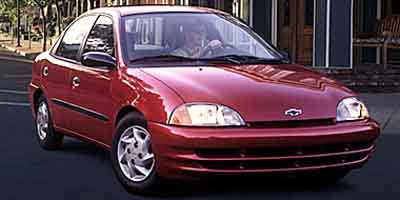
2000 Chevrolet Metro LSi
How long ago?
In fact, as far as we can tell, it's been a decade since a four-cylinder engine smaller than 1.5 liters has been sold in the U.S. The 2000 Chevrolet Metro used a 79-hp 1.3-liter four, replacing an earlier 68-hp 1.0-liter three-cylinder engine--which is the same size as today's 2011 Smart ForTwo, whose engine puts out 70 horsepower.
We suspect that 1.4 liters may become the new baseline engine size for a whole variety of compact and subcompact cars in years to come. Indeed, Nissan and Volkswagen are reportedly planning engines that size for future models of their U.S. offerings.
Among other reasons, China taxes cars with engines of 1.5 liters or less at lower rates than those with larger engines--and in small engines, global automakers have a major incentive to try to realize economies of scale by building as many of the same engine for different markets as they can.
[Automotive News (subscription required); Automotive Engineering]








